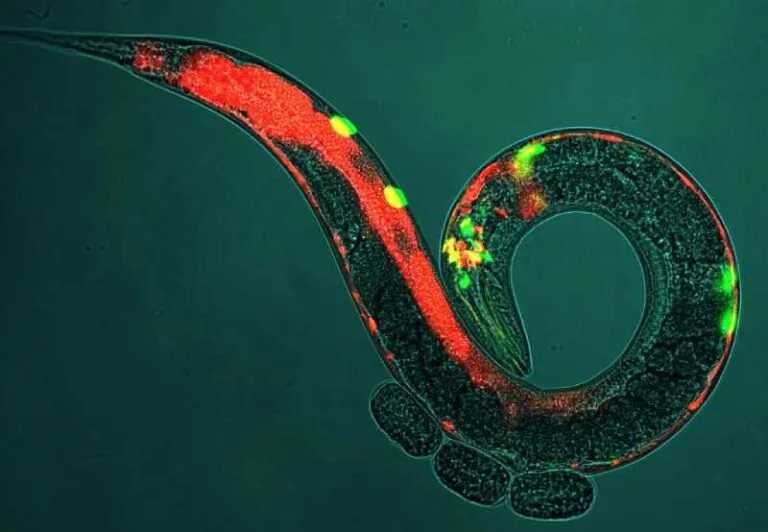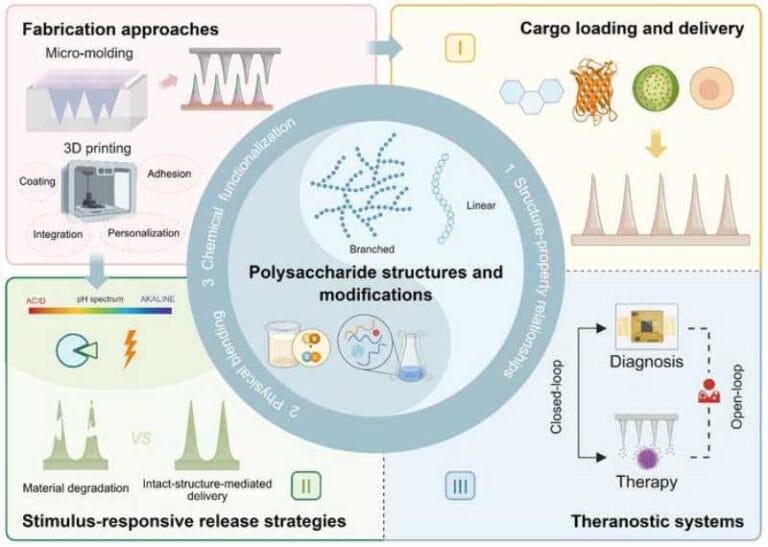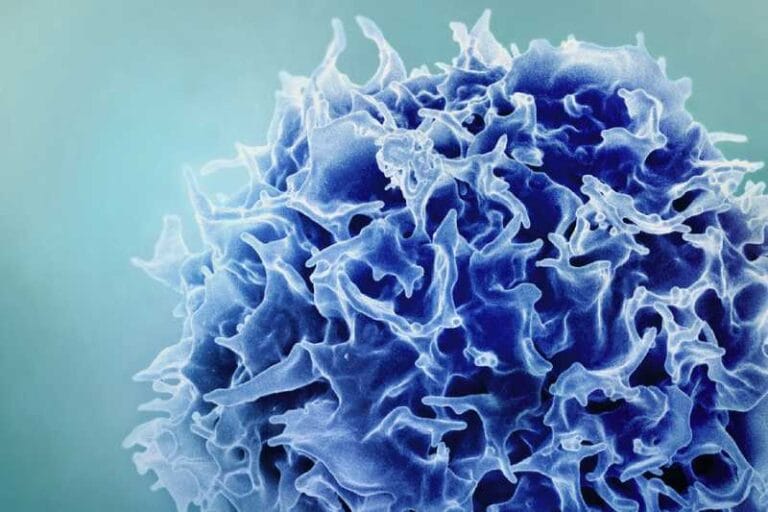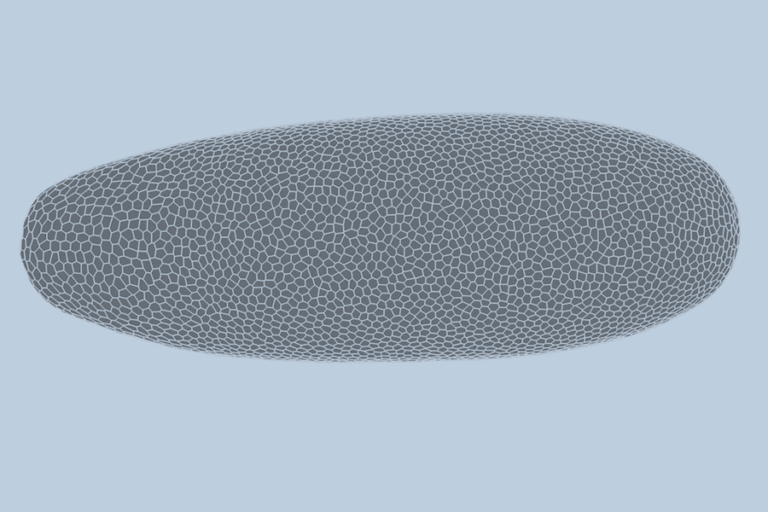Study with Worms Reveals Dopamine’s Crucial Role in Memory

Adelaide, Australia – Innovative research conducted by scientists at Flinders University in Australia has shed new light on the complex process of forgetting, revealing that dopamine, a neurotransmitter widely known for its role in pleasure and reward, plays an active and crucial role in an organism’s ability to forget short-term memories. The study, published in the Journal of Neurochemistry, used the nematode Caenorhabditis elegans as a model to uncover the molecular mechanisms behind this process.
Traditionally, forgetting was seen as a passive failure in information retrieval. However, this research, led by Dr. Yee Lian Chew and her team, demonstrates that forgetting is, in fact, an active and regulated process. The results indicate that the absence of dopamine in C. elegans leads to significantly longer memory retention and even a modest improvement in initial learning. Worms genetically modified to not produce dopamine were able to retain associative memories for at least two hours after training, an extended period compared to their normal counterparts.

“Forgetting is considered essential for removing irrelevant memories and enhancing the capacity to encode new ones. Therefore, identifying the key regulators of active forgetting is crucial for advancing our understanding of neuroplasticity.”
Excerpt from the article Dopaminergic Modulation of Short-Term Associative Memory in Caenorhabditis elegans
Neuroplasticity is the brain’s ability to reorganize and restructure itself, forming new neural connections and adapting to new experiences, environmental changes, or injuries.
The study delved into the molecular mechanisms, identifying that D2-type dopamine receptors, specifically DOP-2 and DOP-3, work together to modulate the forgetting process. Interestingly, the D1-type receptor DOP-1 appears to have a redundant role in this context. Furthermore, the research suggests that dopamine release from all dopaminergic neurons is required to regulate forgetting, indicating a broader action of the neurotransmitter.
These findings have profound implications for understanding neuroplasticity and may be relevant to human health. Dopamine’s role in forgetting has previously been observed in other species, such as the fruit fly (Drosophila), suggesting an evolutionarily conserved mechanism. The research points to a potential connection with conditions involving dopamine imbalances, such as Parkinson’s disease, and with memory retention during healthy aging. Understanding how forgetting is regulated could pave the way for new therapeutic strategies for cognitive disorders.
Methodology
To reach these conclusions, the researchers used associative learning assays with butanone, an odor that the worms were conditioned to associate with food. Mutant strains of C. elegans with deficiencies in dopamine synthesis (cat-2 and dat-1 genes) and in their receptors (dop-1, dop-2, dop-3) were employed. Learning was assessed immediately after training, and memory retention was monitored at 30-minute intervals for up to two hours.
🔬 Reference:
McMillen, A., Minervini, C., Green, R., Johnson, M. E., Ansaar, R., & Chew, Y. L. (2025). Dopaminergic Modulation of Short-Term Associative Memory in Caenorhabditis elegans. Journal of Neurochemistry, 169:e70200. Available at: doi.org/10.1111/jnc.70200






